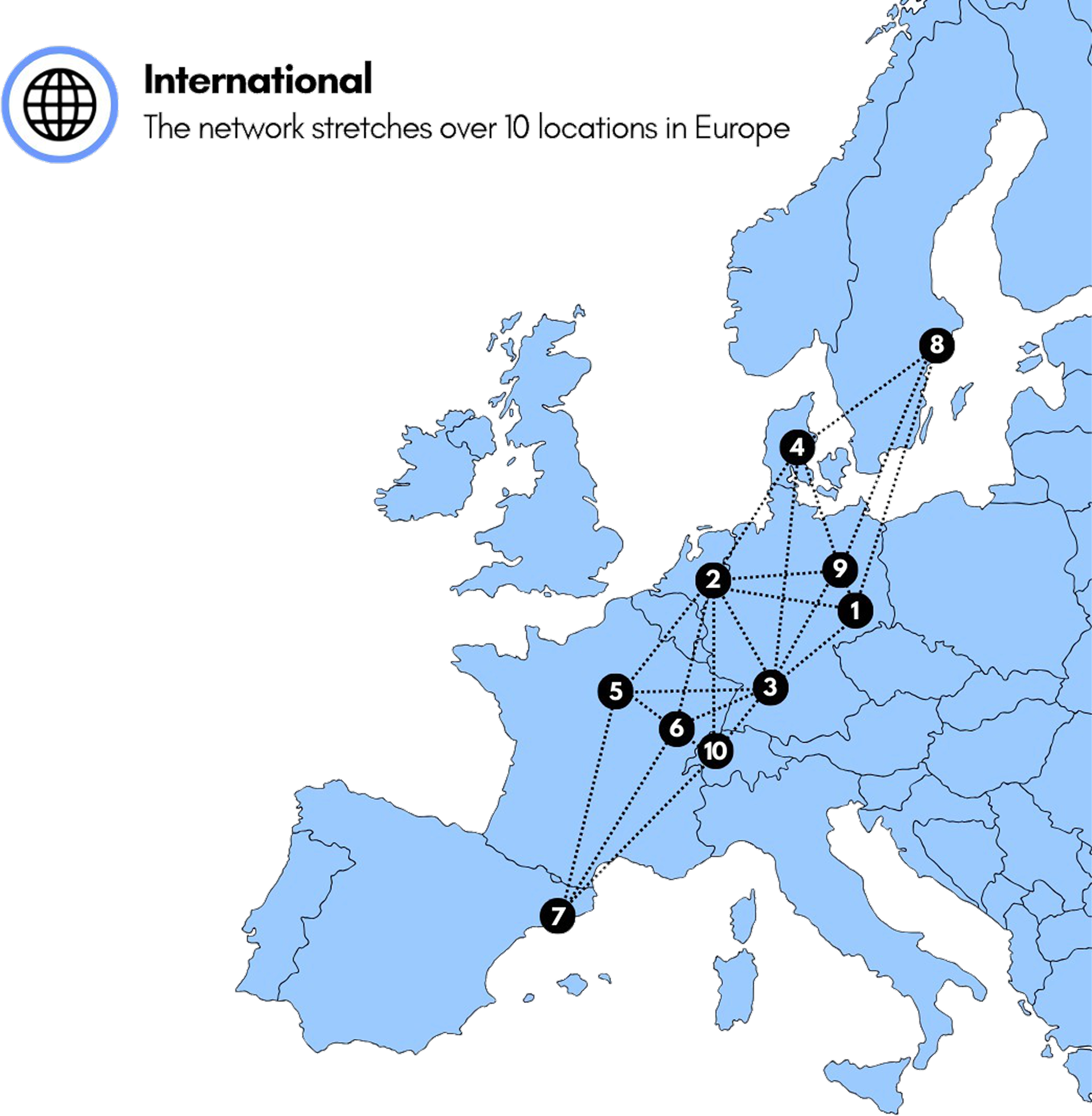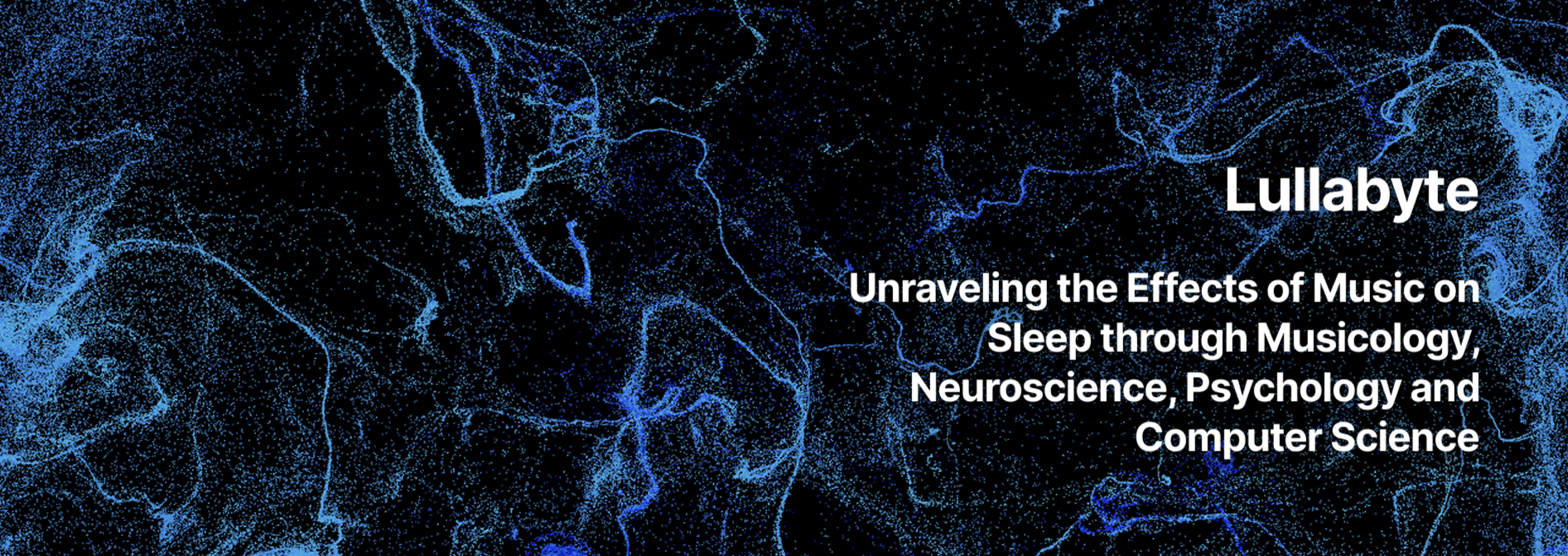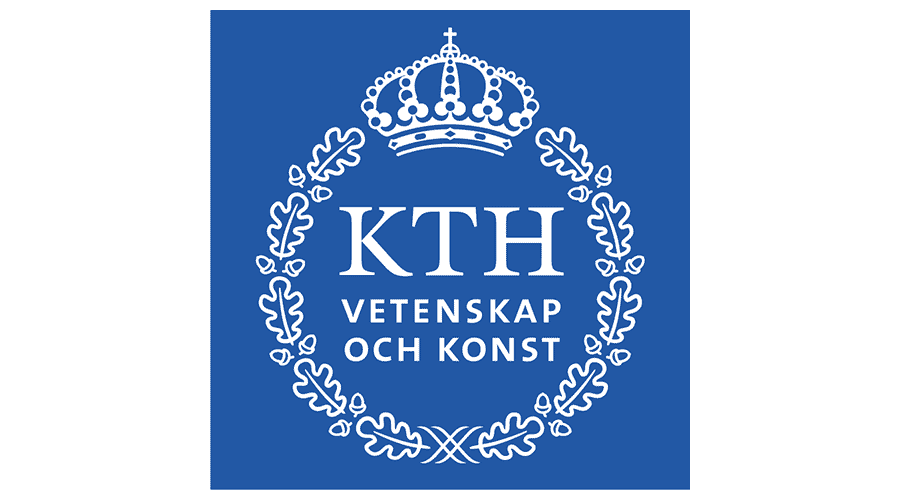Beyond Lullabies
Music exerts strong effects on the human brain, as evidenced by both subjective emotional reactions and overt changes in neurophysiology: lullabies are known in all cultures and times as an effective sleep aid for children and adults. However, musicology focuses mostly on musical structures, cultural practice or historical contexts, without interaction with empirical neuroscience.
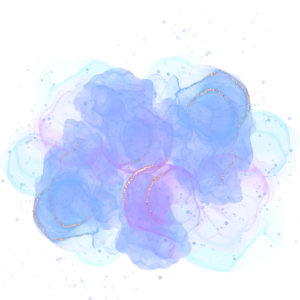
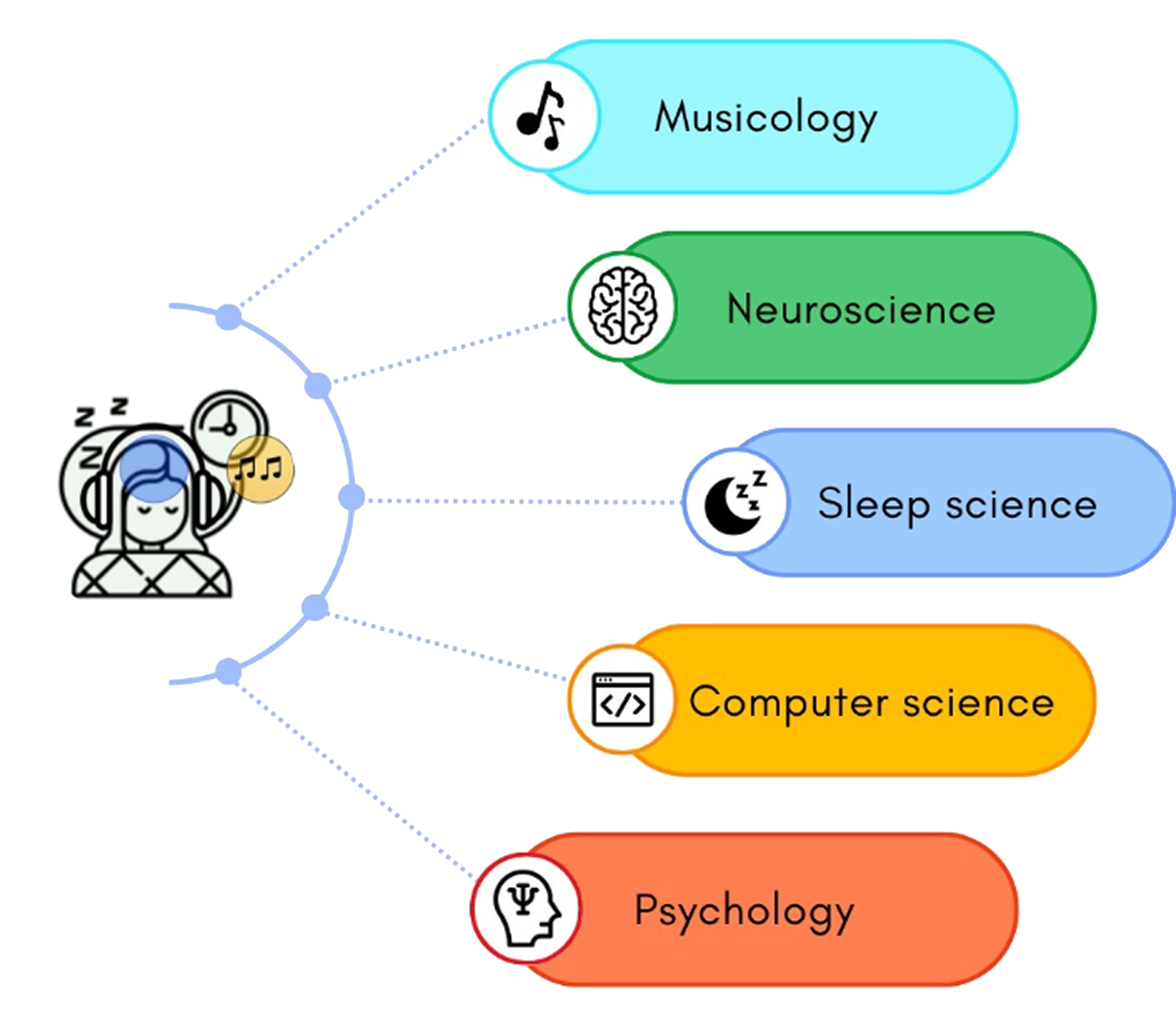
Interdisciplinary Exploration
Leveraging state-of-the-art neuroscience laboratories, big sleep datasets gathered with wearable technology, and data science strategies, the Doctoral Candidates will investigate the effects of music on the brain’s transition from wakefulness to sleep, from neurophysiological details of auditory processing in the thalamico-cortical system over changes in sleep structure induced by different kinds of music, to psychological and musicological analyses. Moreover, machine learning strategies will help to algorithmically generate novel, neuroscience-deduced music with particularly strong somnogenic effects.
Doctoral Candidates
The network aims to train ten PhD students from musicology, sleep research, neuroscience, and computer science all across Europe to become interdisciplinary researchers in sleep science and music. There is one doctoral candidate at each of our institutions and over the course of their studies they will each visit two other cities on research stays to encourage collaboration and sharing between disciplines. Three summer schools are taking place across the duration of the network, bringing together the work from across the network with workshops also focused on the hosting institution. The doctoral candidates are also working on producing an artistic project together showcasing the sounds of the sleeping brain.
